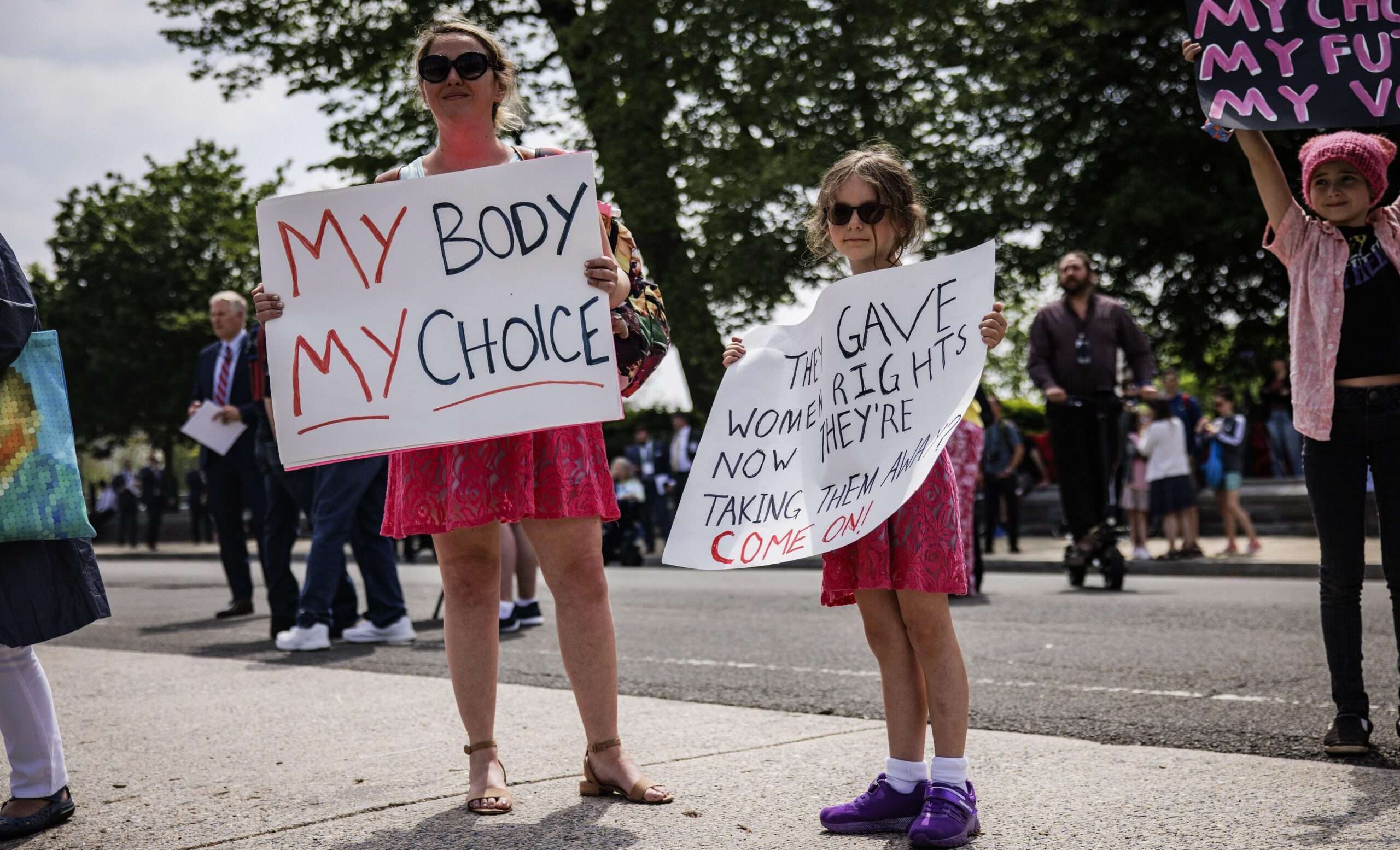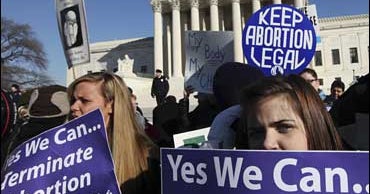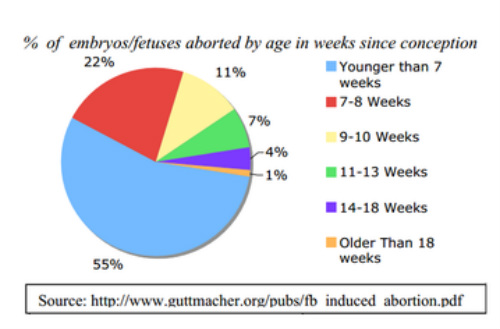

While it pulled my focus away from the Rule Against Perpetuities, the decision did not shock me. The leaked Dobbs draft opinion was published as I was finishing my first year of law school, panicking as I studied for my property law exam. I am a proud New Yorker and prouder still knowing that my city and state have explicitly supported abortion access for women, trans, and gender nonconforming people in light of Dobbs.

Some other things to know about me: much of my political ideology has been informed by my Jewish faith and identity as a Black, Queer, nonbinary femme.

I would go to war to defend their choice, knowing they would do the same for me in a heartbeat. That said, like most Americans (whether or not they’re aware of it), I know many people who have had abortions and I love them deeply.

This isn’t to flex some kind of moral superiority, but rather to avoid speaking over those who have direct personal experiences with abortion and to contextualize my perspective. I think I should say this up front: I have not had an abortion. The organization also seeks, in its own words, to “transform the law and policy landscape through advocacy, support, and organizing so all people have to the power to determine if, when, and how to define, create, and sustain families with dignity and to actualize sexual and reproductive well-being on their own terms.” “As a Black femme, I have never felt secure in my right to bodily autonomy, and now what little control I do have has been endangered.” The student organization If/When/How seeks to educate, organize, and support law students interested in learning more about reproductive justice, with a goal of ensuring that new generations of lawyers are prepared to successfully defend, define, and expand the scope of the reproductive rights space. In this op-ed, two School of Law students-Zaneta Soumbounou (LAW’24), vice president, and Shannon Gonick (LAW’24), president, of the BU chapter of If/When/How: Lawyering for Reproductive Justice, offer their personal reflections on what the overturning of Roe v. Casey, the 1992 decision that upheld Roe. Jackson Women’s Health Organization upheld a Mississippi law that banned abortions “if the probable gestational age of the unborn human” was determined to be more than 15 weeks and overruled Roe and Planned Parenthood v. The Court’s 6-3 ruling June 24 in Dobbs v. Wade, the landmark 1973 decision that granted a constitutional right to abortion in the United States. Last month, the Supreme Court overturned Roe v.


 0 kommentar(er)
0 kommentar(er)
